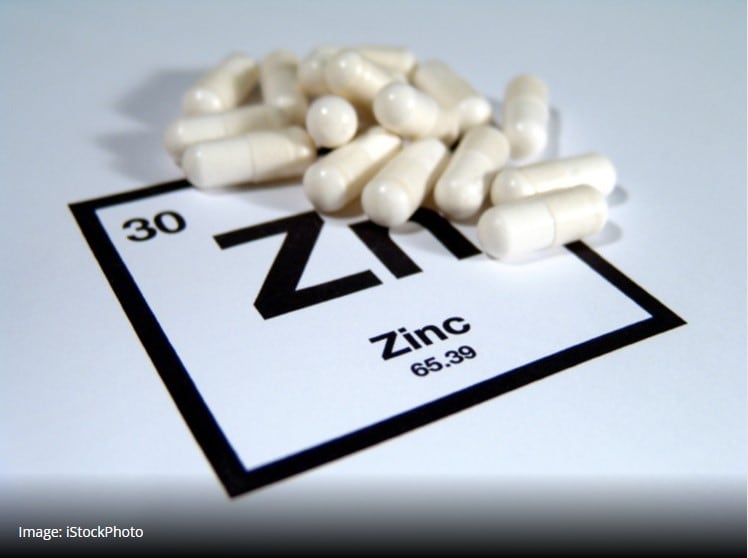The new research was published in the journal JAMA Cardiology. It was the work of a team of researchers associated the university’s medical school as well as with the Institute of Healthcare Policy and Innovation.
The study was a statistical analysis of data amassed from the NHANES (National Health and Nutrition Examination Survey) data, in this case from the 1999-2018 time frame. The researchers used information from more than 57,000 of these interviews to determine the prevalence of food insecurity among those with and without CVD or cardiometabolic risk factors of interest.
Separate panel of survey for food insecurity
Food insecurity was determined by a 10 question portion of the NHANES survey. This included questions such as:
- Were you ever hungry but didn’t eat because there wasn’t enough money to buy food?
- Did you ever cut the size of meals or skip meals because there wasn’t enough money to buy food?
- We couldn’t afford to eat balanced meals (often/sometimes/never).
Food insecurity on the rise
Of the 57,517 individuals, 1.6% were identified as Asian, 11.2% as Black, 13.8% as Hispanic, 68.8% as White and 4.6% as other or multiracial. Food insecurity increased over the study period, ranging from 8.2% to 10.2% of adults at the beginning of the period to 18.2% to 18.5% at the end. Overall, 6,770 adults in the survey reported some level of food insecurity, which averaged out to 11.8%.
Not surprisingly, given their overall lower socioeconomic status, more Black and Hispanic individuals reported food insecurity. In the latter years of the study period, the sample of adults reporting food insecurity started to skew younger, the researchers said.
The authors looked for associations between food insecurity and coronary artery disease, stroke and heart failure, as well as cardiometabolic risk factors such as hypertension, diabetes, obesity, and hyperlipidemia.
Adults with CVD about twice as likely to be food insecure
The researchers found that about 2 in 5 of adults with CVD or risk factors reported food insecurity during the survey period. That was about twice as common as among the non CVD group. The researchers also found that the combination of higher food insecurity among Blacks and Hispanics led to poorer CVD outcomes in this group, threatening to further increase the racial divide in healthcare.
“The prevalence of food insecurity among individuals with CVD increased substantially from 1999 to 2018. Disparities in food insecurity persist across race and ethnicity and among those with vs without CVD. As health care systems and clinical care evolve to address SDOH (social determinants of health), food insecurity is a potent risk factor for worse cardiovascular outcomes that warrants increased recognition and additional resources to combat its negative health consequences,” the researchers wrote.
CRN: Addressing nutrient levels can cut risks, costs
The Council for Responsible Nutrition has often weighed in on national debates on healthcare and nutrition policy and has highlighted how dietary supplements can help close nutrient gaps and reduce healthcare costs.
James Griffiths, PhD, CRN’s senior vice president for international and scientific affairs, said the Michigan team’s findings are not surprising, and serve to reinforce the link between poor diets and poor health.
“Hand in hand with food insecurity is nutrition insecurity and the vast body of research demonstrates that poor nutrition has a myriad of negative health effects. Only providing satiety with energy-dense (caloric) foods without also focusing on nutritionally dense foods can exacerbate these chronic noncommunicable cardiovascular conditions as well as diabetes and obesity,” he said.
“Our recently released ‘Supplements to Savings’ study illustrates that getting adequate levels of magnesium, dietary fiber, omega 3 fatty acids and vitamin K2 all can lower the insistence and societal healthcare costs for coronary artery disease (CAD),” Griffiths added.
“CRN called out these nutrition-access concerns to the White House Conference on Hunger, Nutrition & Health last week, reminding them that efforts to address hunger must include getting good nutrition to at-risk populations. Those initiatives start with healthy foods and well-balanced diets but should also include supplementation to fill in these nutrition gaps,” he concluded.
Source: JAMA Cardiology
Published online September 28, 2022. doi:10.1001/jamacardio.2022.3729
Food Insecurity Among Individuals With Cardiovascular Disease and Cardiometabolic Risk Factors Across Race and Ethnicity in 1999-2018
Authors: Brandt EJ, et al.




